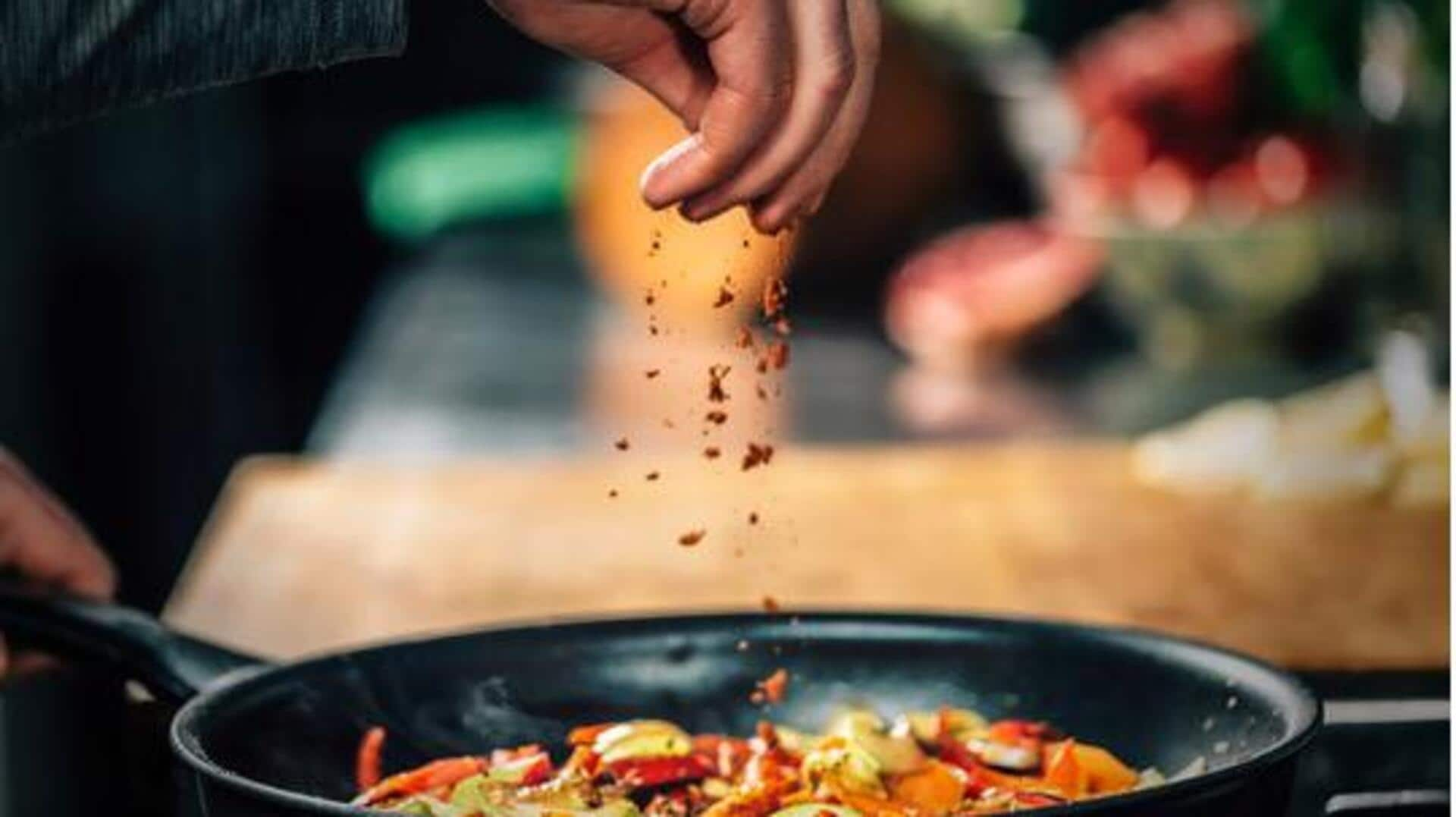
Cook faster, waste less: 5 kitchen tips that work
What's the story
If African cooking is a blend of tradition and efficiency, it is only because it offers so many methods to save time and money. Households across the continent employ these ingenious hacks to make cooking easier, while conserving resources. These tips ensure your meals are both nutritious and flavorful, while also optimizing your kitchen routines without sacrificing quality.
Drive 1
Batch cooking for efficiency
Batch cooking is a go-to strategy in most African kitchens, enabling families to cook in bulk. Cooking in bulk saves time on busy weekdays and cuts down on energy costs. This technique revolves around preparing staple foods like grains or legumes in advance, storing them in the fridge or freezer for later. It reduces daily cooking efforts and ensures nutritious meals are always at hand.
Drive 2
Utilizing local seasonal produce
Embracing local seasonal produce is a smart way to reduce grocery bills while enjoying fresh ingredients. Seasonal fruits and vegetables are often cheaper because they are available in abundance at certain times of the year. By planning meals around these items, you not only support local farmers but also enjoy the freshest flavors. This also sparks creativity in meal planning as it challenges cooks to experiment with different ingredients in their dishes.
Drive 3
Reusing leftovers creatively
Transforming leftovers into new dishes is something many African cooks have mastered as a means of minimizing waste. Rather than throwing away excess food, how about repurposing it into soups, stews, or salads for future meals? For example, leftover rice can be repurposed into fried rice with vegetables/spices for a quick lunch. Not only does this hack stretch your budget further, it cuts back on food waste, too!
Drive 4
Homemade spice blends for flavor boosts
Making your own spice blends at home not only saves a lot of money but also amps up the flavors. African cuisines use spices like cumin, coriander, turmeric, and ginger, which can be found in local markets. Instead of pre-ground spices, buy whole ones to avoid added costs. Grinding them at home will keep them fresh and allow you to customize flavors, opening up endless possibilities for experimenting in the kitchen.
Drive 5
Solar cooking techniques
Solar cooking relies on sunlight, skipping traditional fuels such as gas or electricity, and reducing energy expenses. In sunny areas, it is particularly economical. Basic solar ovens, constructed with reflective materials, concentrate the sun's rays to prepare food gradually. This technique retains nutrients better than quicker methods of cooking, resulting in healthier and tastier meals.